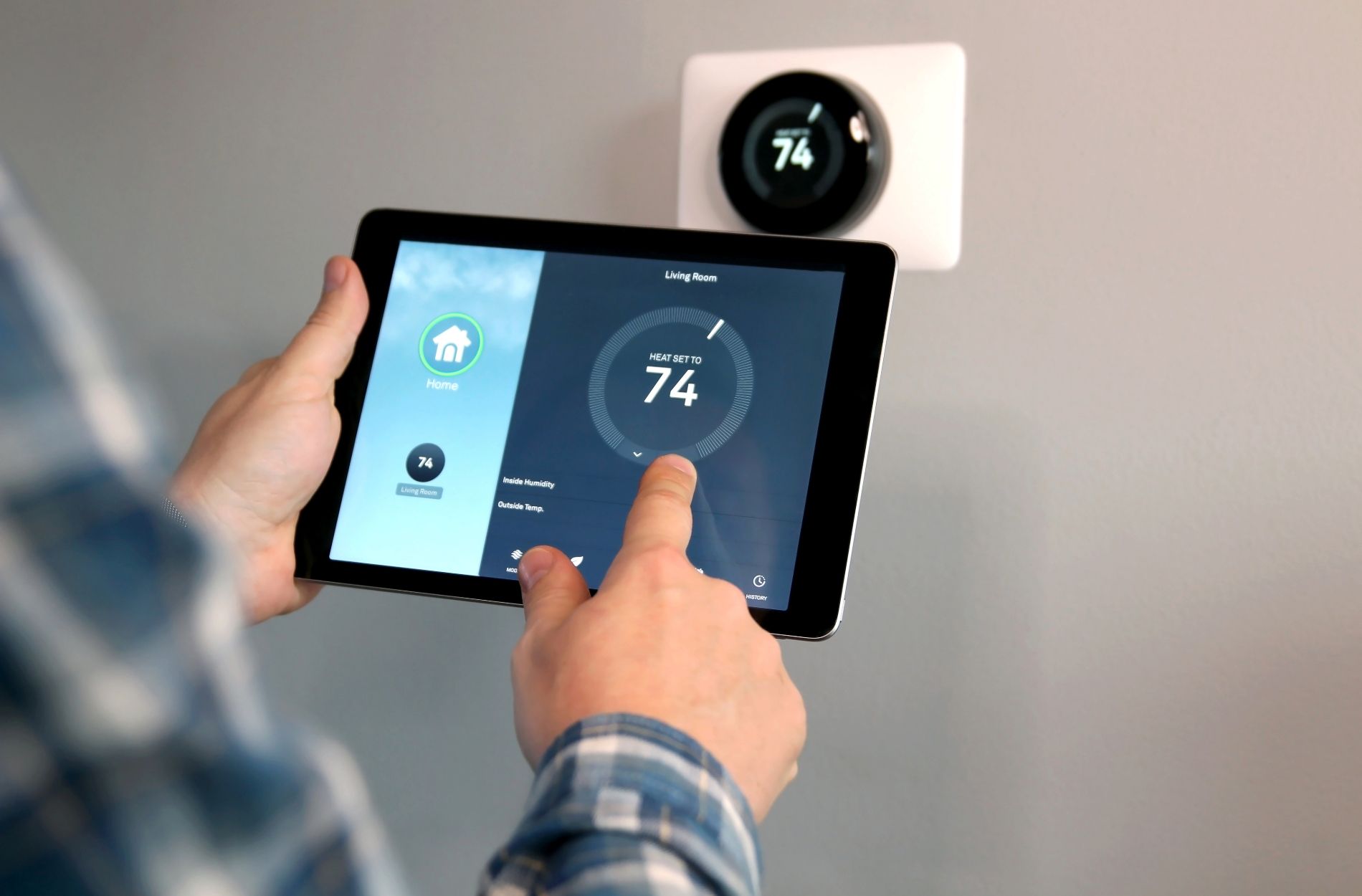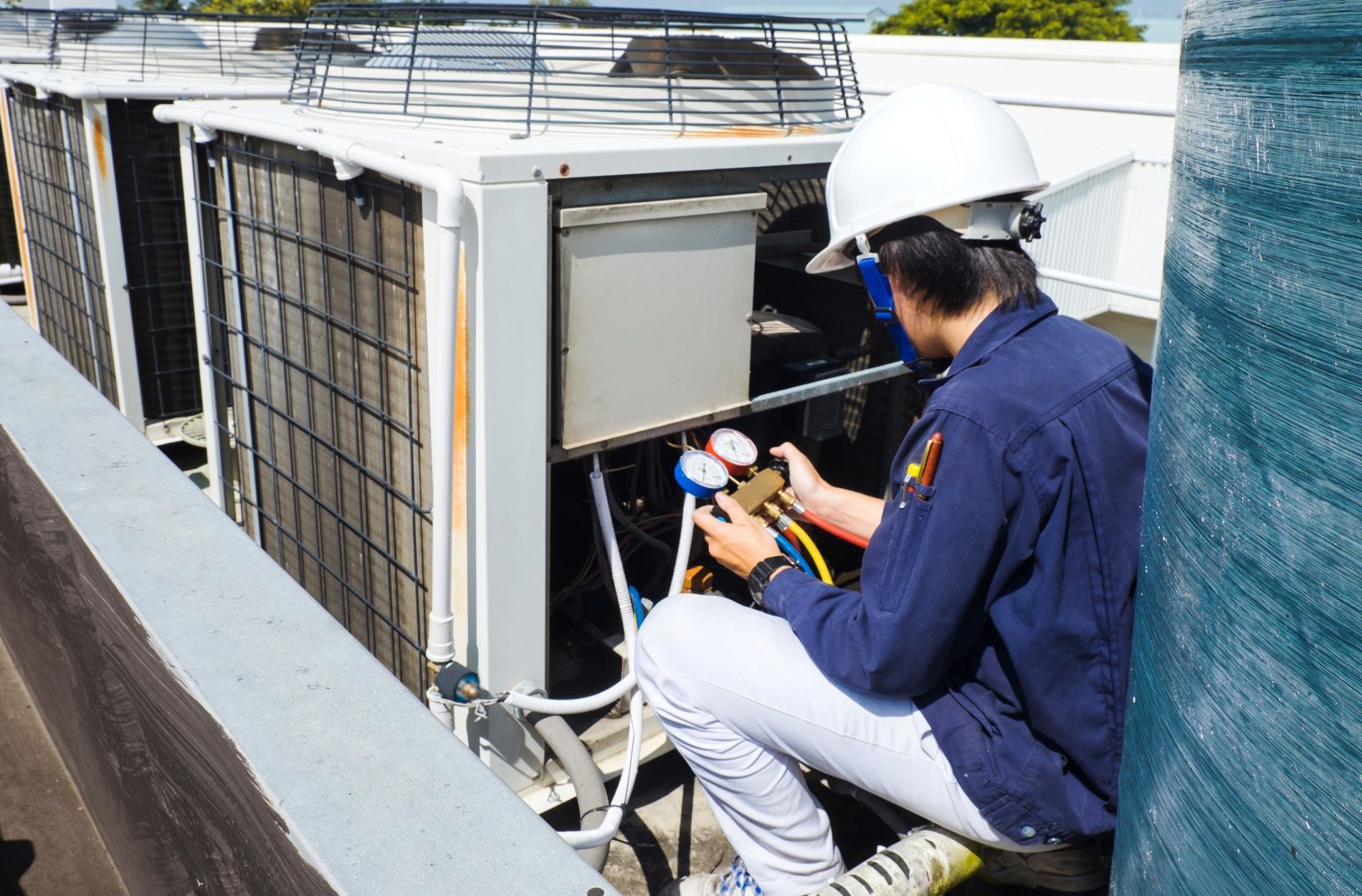Improve Indoor Air Quality Using HVAC
Indoor air quality has a big impact on your overall health and comfort. Poor air quality can lead to headaches, allergies, and other health issues. Fortunately, your HVAC system can help you maintain clean and healthy air inside your home. With the right strategies and regular maintenance, you can create a comfortable living environment with better air quality.
An efficient HVAC system does more than just heat and cool your home. It also filters out dust, pollen, and other airborne pollutants. By using your HVAC system to improve indoor air quality, you can reduce the number of allergens and particles in the air. This helps everyone breathe easier, especially those with allergies or asthma. Simple adjustments and regular care can make a significant difference.
Understanding how your HVAC system works and what you can do to enhance its performance is key. Regular maintenance, proper use of filters, and other changes can greatly improve the air you breathe. This guide will explore various methods you can use to ensure your HVAC system is keeping your air as clean as possible, making your home a healthier place to live.
Use High-Quality Air Filters
Air filters play a crucial role in maintaining good indoor air quality. They trap dust, pollen, and other tiny particles, preventing them from circulating through your home. For the best results, use high-quality air filters designed to capture even the smallest pollutants. Filters with a higher MERV (Minimum Efficiency Reporting Value) rating are more effective at removing contaminants from the air. Look for filters with a MERV rating of 8 or higher for optimal performance.
Changing your air filters regularly is also important. A dirty or clogged filter can't do its job properly, leading to poor air quality and reduced HVAC efficiency. Check your filters every month and replace them at least every three months. If you have pets or live in a dusty area, you may need to replace them more frequently. Clean filters ensure your HVAC system works efficiently and keeps the air in your home clean and healthy.
Regularly Maintain and Clean Your HVAC System
Keeping your HVAC system well-maintained is essential for good indoor air quality. Regular maintenance helps your system run efficiently and prevents the buildup of dust, mold, and other contaminants. Schedule professional HVAC maintenance at least once a year. During these check-ups, technicians will clean the components, inspect for any issues, and make necessary repairs to keep your system in top shape.
Besides professional maintenance, there are simple steps you can take to keep your system clean. Make sure the area around your HVAC unit is free of debris and dust. Clean the vents and registers in your home to prevent dust buildup. Ensuring proper airflow through your system helps maintain clean air throughout your home. By staying proactive with HVAC maintenance, you can improve air quality and extend the life of your system.
Control Humidity Levels
Managing the humidity levels in your home is essential for maintaining good indoor air quality. High humidity can lead to mold and mildew growth, which can cause respiratory problems and allergies. On the other hand, very low humidity can make the air dry, leading to discomfort and irritation of the skin and respiratory tract. Keeping humidity levels balanced ensures a healthier living environment.
To control humidity, consider using a dehumidifier in damp areas like basements and bathrooms. Your HVAC system can also help regulate humidity levels. Make sure your system includes a humidifier or dehumidifier if needed, and check that it's functioning properly. Monitoring humidity levels using a hygrometer can help you maintain the ideal range of 30-50%. Consistently managing humidity will help keep your home comfortable and reduce the risk of health issues related to poor air quality.
Utilize Air Purifiers and Ventilation Strategies
Air purifiers can significantly enhance indoor air quality by removing contaminants that your HVAC system filters might miss. Place air purifiers in rooms where you spend a lot of time, such as bedrooms and living areas. Look for purifiers with HEPA filters, which are effective at capturing small particles like pet dander, pollen, and smoke. This additional layer of filtration can make a noticeable difference, especially for individuals with allergies or asthma.
Proper ventilation is another key factor in maintaining good air quality. Ensure your home has adequate ventilation to allow fresh air to circulate and dilute indoor pollutants. Use exhaust fans in kitchens and bathrooms to remove moisture and odors. Opening windows when the weather permits can also help bring in fresh air. Balancing ventilation with energy efficiency can be tricky, but it’s essential for keeping indoor air clean and fresh.
Conclusion
Improving indoor air quality with your HVAC system is vital for maintaining a healthy and comfortable home. Using high-quality air filters, keeping up with regular maintenance, controlling humidity levels, and utilizing air purifiers and proper ventilation can make a significant difference in the air you breathe. These steps not only enhance your home's comfort but also protect your family's health.
Taking action to improve indoor air quality is simple with the right approach. Now is the perfect time to assess and upgrade your HVAC system's capabilities. If you have questions or need assistance with improving your home's air quality, contact Anytime Heating & Air. Our experienced team of
HVAC contractors is here to help you achieve the best air quality possible for your home. Don't hesitate—reach out to us today for a consultation and breathe easier, knowing your air is clean and fresh.


